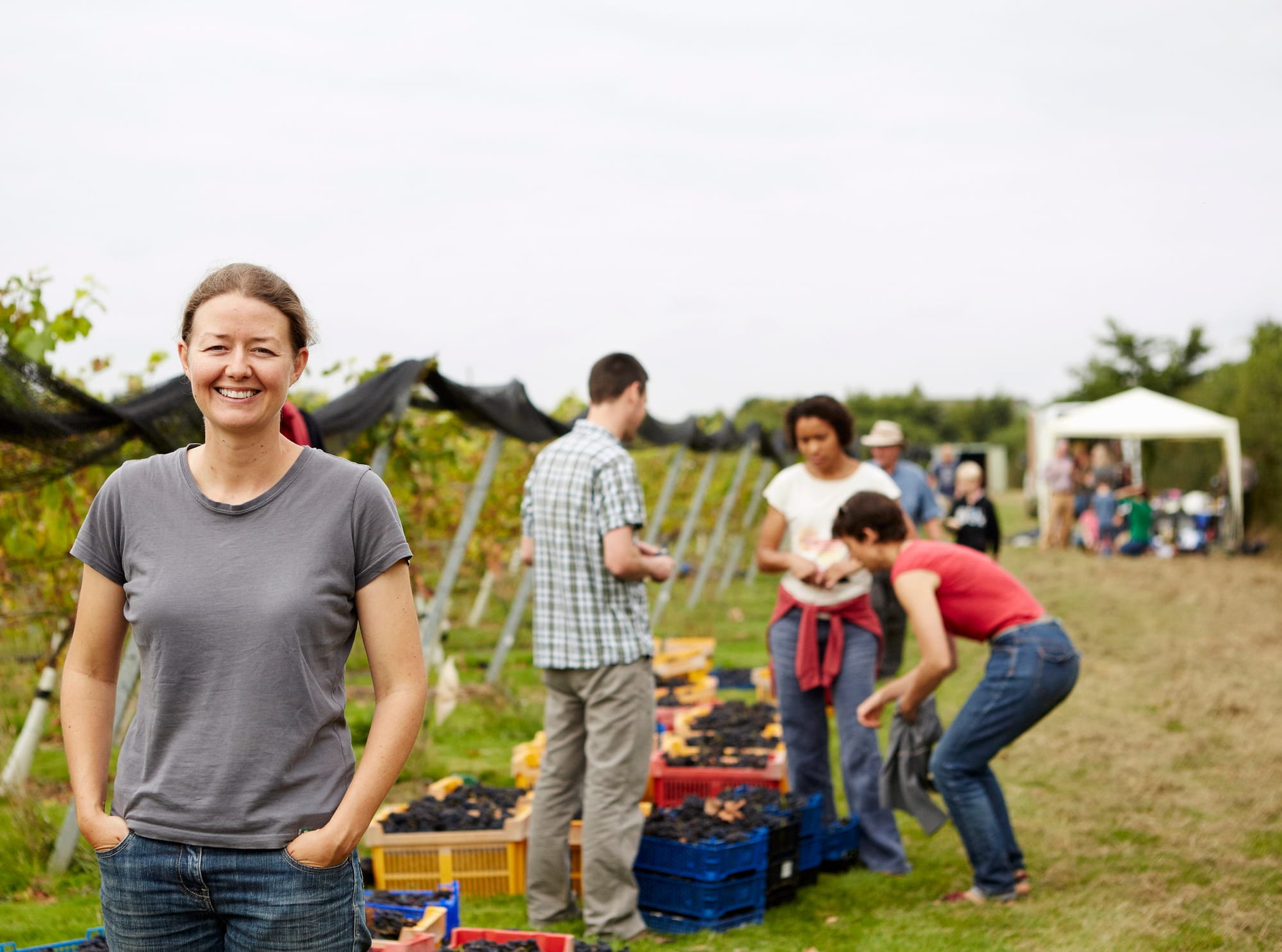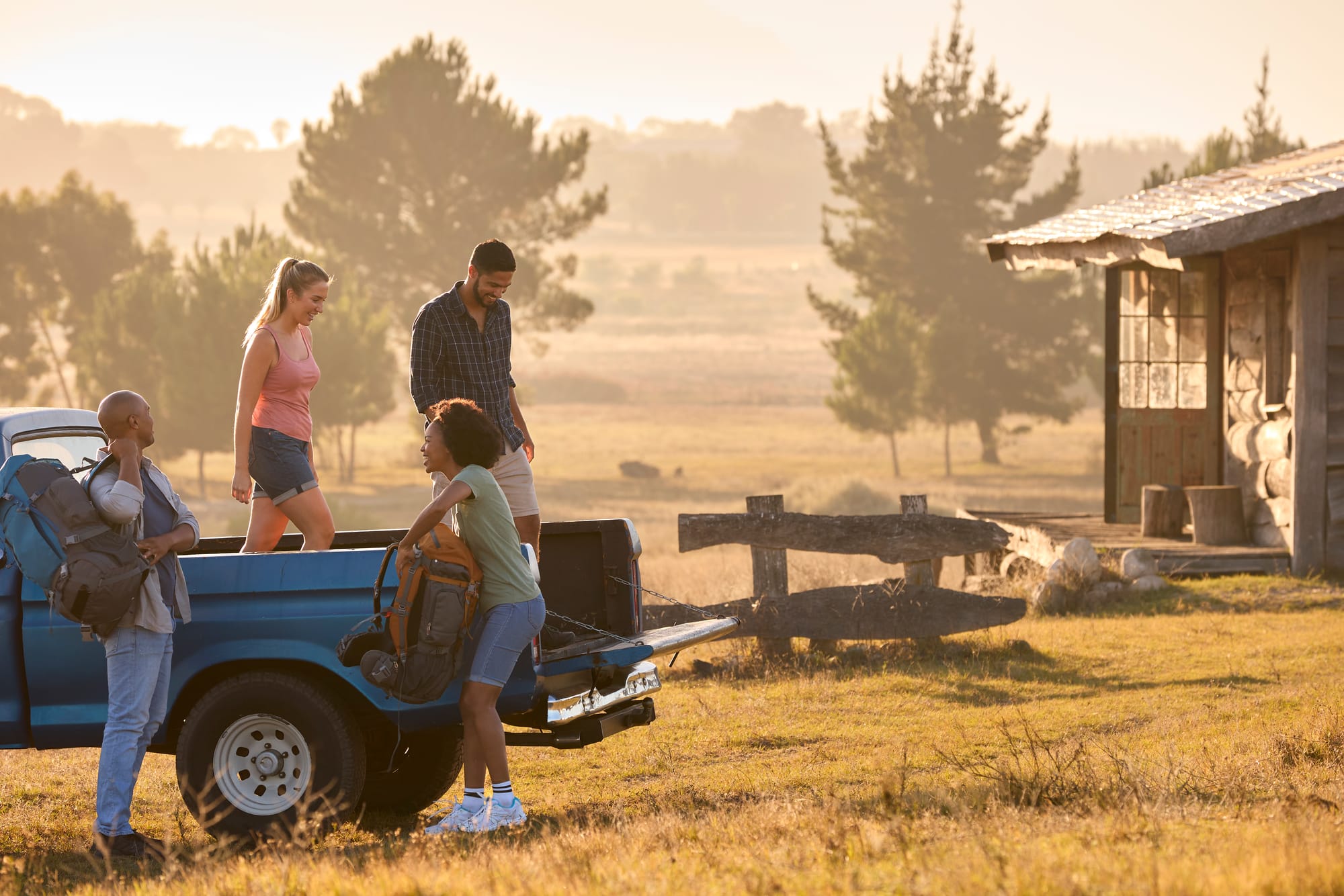Discovering Seasonal Jobs in New Zealand Eligible for Working Holiday Scheme Visa
Explore New Zealand's stunning landscapes and vibrant culture through seasonal fruit picking jobs, perfect for Working Holiday Scheme visa holders. Immerse yourself in unique experiences, meet new people, and extend your stay in this beautiful country. Embrace the adventure!

New Zealand, with its diverse climate and vast agricultural sector, offers numerous seasonal job opportunities that are perfect for individuals on a Working Holiday Scheme (WHS) visa. These jobs not only provide a way to explore the stunning landscapes and vibrant culture of New Zealand but also help in extending your stay in this beautiful country.
Here’s a guide to help you navigate the seasonal job market in New Zealand, focusing on the agriculture sector, particularly fruit picking, which is a popular choice among WHS visa holders.
The Fruit Picking Regions and Seasons
Each region offers a unique picking experience, making New Zealand a prime destination for those looking to explore the country through seasonal work.
Northland, with its warm climate, offers a variety of subtropical fruits. Waikato is known for its diverse agricultural produce, including berries and vegetables. Bay of Plenty, aptly named, is a major player in kiwifruit and avocado production. Hawke’s Bay, celebrated for its apples and stone fruits, alongside Wairarapa, provides a picturesque backdrop for picking activities. Marlborough's sunny days contribute to a bounty of grapes and cherries, while Nelson's artisanal approach to agriculture ensures quality produce. Otago, with its cooler climate, is ideal for stone fruits such as cherries and apricots.
In New Zealand, there's agricultural work available all year round. However, if you're targeting a particular job, it's important to match your timing with the appropriate season and region. The seasons in New Zealand go like this: summer is from December to February, autumn from March to May, winter from June to August, and spring from September to November.
Understanding the fruit picking seasons is crucial for finding employment in this sector. Here’s a brief overview of the harvest months for various fruits:
Kiwifruit: March to August, peaking between May and July.
Raspberries: December to June, with February to April being the peak season.
Blueberries: December to March, January and February are the peak months.
Peaches: December to April, peaking in January and February.
During the summer months, you can find a variety of fruits ripe for picking, including apples, apricots, cherries, and many more. The seasons extend to other fruits and vegetables like cherries in June and July, blueberries and blackberries from June to August, and several others, each with its specific harvesting time.

Finding Work and Accommodation
While fruit picking does not require specialized skills, some traits and abilities can enhance your job prospects.
Tips for Success
Early Application: To secure a fruit-picking job, it’s essential to know the peak seasons and apply early, as positions fill up quickly. Searching online or joining Working Holiday groups on social media can provide valuable leads.
Caution and Research: A story of two English backpackers, Luke and May, highlights the importance of careful consideration. They shared their experience on TikTok about being fired on their first day at a strawberry farm in Masterton, emphasizing the need to vet employers thoroughly. Despite the owner's denial of the dismissal, the duo's story underlines the importance of clear communication and understanding the terms of your stay and work. Make sure to research and read reviews about potential employers before applying. Pay close attention to their requirements—if they prefer communication via email, don't call them, and vice versa. Abiding by their rules is crucial for a successful application.
Physical Preparation:
Fruit picking can be strenuous; staying physically fit can help manage the workload, it will definitely test of physical strength and endurance. For example, in case kiwi picking the work involves carrying a bag that can weigh between 20-30 kg when filled, The bag, designed to be worn around the neck, lacks any form of padding, making the process of carrying it less comfortable and more challenging. As pickers move through different orchards daily, adjusting the bag’s strap for a proper fit becomes a routine necessity. This adjustment is crucial not only for comfort but also for efficiency in the fast-paced environment of fruit picking. The pace at which the team works directly influences their earnings, underscoring the importance of speed and teamwork in this line of work.
Watch and Learn: Take some time to watch the skilled pickers in your group and try to imitate their picking technique. This can be really helpful at the start.
Follow a Pattern: When picking fruits, it's best to have a plan for each tree or bush. Without a plan, you might waste time figuring out where you've already picked. A good strategy is to start on one side and move systematically to the other.
Start from the Top: If you're picking from trees, begin at the top. Picking from the bottom first makes it harder later, especially when climbing a ladder with a full bag.
Use Both Hands: It may seem simple, but using both hands will help you pick faster. Some people start with just one, but two is definitely better.
Ladder Positioning: If you're using a ladder, take the time to place it correctly. This helps you reach more fruits safely and keeps the ladder out of other pickers' way. You'll get the hang of it quickly.
Practice: Speed and efficiency come with practice. You might see experienced pickers working very fast and wonder how they do it. With time and effort, you'll improve and start earning more.
Weather Awareness
Weather can impact fruit picking, especially for jobs like kiwifruit where rain can end your workday. If it rains, work is usually canceled for the day, or if it starts raining during work hours, you might be sent home. You'll receive a text message each morning telling you where to go for work.
Tips: Look at the weather forecast each night. If rain is expected, work hard in the morning to earn a decent day's wage. Get ready for the possibility of work being called off because of bad weather; have a backup plan for those days. Being flexible is crucial.

Accommodation Strategy
Lodging expenses can significantly impact your overall earnings and experience. The range of accommodation options is broad it depends on several factors, including the geographical location of the lodging relative to the orchards, the type of amenities provided, and the duration of your stay. Camping in your vehicle, for instance, is an economical option that offers the flexibility to stay close to work sites. However, it might lack basic comforts and facilities. On the other hand, renting a room provides more comfort and stability but at a higher cost.
When considering where to stay, think about the proximity to your workplace to save on commute time and transportation costs. Also, evaluate the amenities you're willing to forego in exchange for a lower price and which comforts are non-negotiable for your well-being during your stay.
Planning ahead and researching options thoroughly can help you find the best balance between cost, convenience, and comfort, ensuring a more enjoyable and financially sustainable working holiday experience in New Zealand.
Conclusion
Seasonal jobs such as fruit picking presents an opportunity not just to work, but to engage directly with the natural environment, understand the rhythm of seasonal work, and appreciate the effort that goes into bringing these fruits from the vine to the market. For those willing to embrace the physical demands, it’s a chance to earn in a setting unlike any other, woven into the fabric of New Zealand’s vibrant horticultural landscape. Remember, it's not just about the work; it's about the adventure, the experiences, and the memories you’ll create in this incredible part of the world.




Comments ()